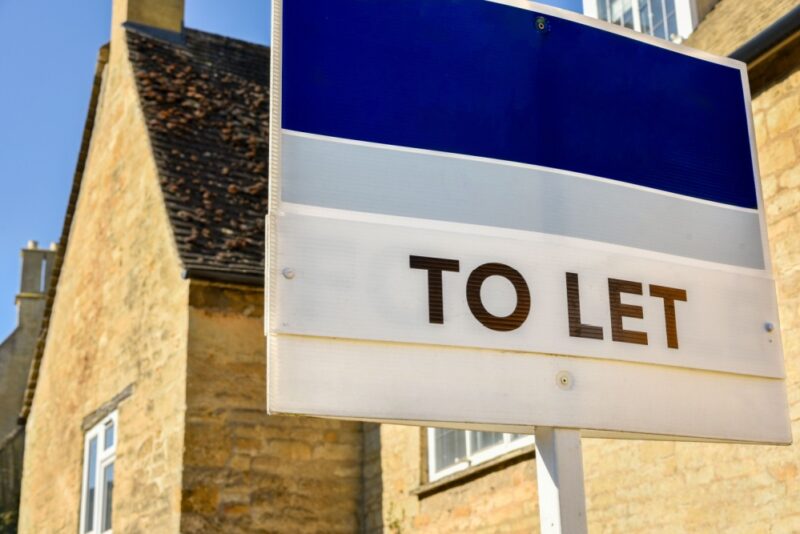October is Free Wills Month, an initiative solicitors can be part of that offers free will writing expertise to over 55s to support charities. The key reason to write a will is to ensure your wishes are carried out, but did you know it could help you mitigate how much Inheritance Tax your estate will be liable for too?
If you don’t already have a will in place, doing so should be a priority. Without a will, your assets may not be distributed to those you want to benefit from your estate. Even if you do have a will, you should make reviewing it regularly part of your financial plan. Your assets and wishes may change over time, meaning adjustments may be needed.
If you’re worried about the impact of Inheritance Tax on what you leave behind for loved ones, a will can help here too.
In 2019/20, HM Revenue & Customs received more than £5.2 billion in Inheritance Tax receipts, reports the Financial Times. While that was a fall of £223 million when compared to the previous tax year, it’s still a significant sum, especially when you consider only around 5% of estates are liable for the tax.
With a standard tax rate of 40% once certain thresholds are exceeded, Inheritance Tax can have a sizeable impact on what you leave behind for loved ones. So, how can a will help you reduce the amount of Inheritance Tax due?
1. Make use of the nil-rate bands
Your first step should be to make sure you’re making full use of nil-rate bands.
All estates can take advantage of the nil-rate band, currently £325,000. No Inheritance Tax is due if your entire estate is under this threshold.
The residence nil-rate band of £175,000 can be added to the above if you’re leaving your main home to children and grandchildren. As you can leave unused allowance to your spouse or civil partner, this means you can effectively leave £1 million as a couple without your estate being liable for Inheritance Tax if you make use of both allowances.
Children and grandchildren will be among the first to inherit if you don’t have a will in place, however, making it clear in a will can ensure your wishes are known as you minimise Inheritance Tax.
2. Establish a trust
Assets placed in some types of trusts are considered outside of your estate for Inheritance Tax purposes.
You can create a trust during your lifetime, with this then being left to loved ones in your will. Alternatively, you can establish a trust within your will.
A trust can be used to reduce tax liabilities and can be a useful way to create provisions for children or those unable to manage their finances themselves. However, keep in mind that some assets may still be liable for Inheritance Tax and you may no longer be able to benefit from the asset or the income it delivers.
Another way to use a trust is to take out a Life Insurance policy and place it in a trust. This won’t reduce how much Inheritance Tax is due, but it can be used to cover the bill, leaving your estate intact to pass on to family. The policy must be placed in a trust, otherwise, the payout will count as part of your estate, increasing the amount of Inheritance Tax due.
There are many different types of trusts and some can be complex to set up with your plans in mind. Legal advice can help you understand what options suit your circumstances and ensure a trust is established properly. For instance, some trusts can continue to provide you with an income during your lifetime or be set up for children to inherit once they reach adulthood.
Make sure a trust is the right option for you before proceeding. Once in place, you may not be able to reverse the decision.
3. Leave a charitable legacy
You can do good and reduce your Inheritance Tax liability by leaving a charitable legacy in your will. There are two ways charitable giving can be tax-efficient.
- You can leave a sum to charity that will bring the value of your entire estate under the nil-rate band thresholds. This would mean that no Inheritance Tax is due.
- If you leave 10% or more of your estate to charities, the Inheritance Tax rate is reduced from 40% to 36%. For some estates, leaving this portion to charity will increase the amount that is left behind for loved ones.
This is a way of minimising Inheritance Tax while supporting causes that are close to your heart.
Reducing Inheritance Tax outside of a will
The three above ways to reduce Inheritance Tax aren’t your only options and they don’t all involve a will.
You could, for instance, make use of the gifting allowance to pass on wealth to loved ones during your lifetime or provide gifts out of your income. You may also be able to pass on your pension tax-efficiently to loved ones, so it’s important to look at your estate planning in the context of your wider financial situation.
If you’re concerned about Inheritance Tax or would like to discuss what you can leave behind for loved ones, please contact us.
Please note: This blog is for general information only and does not constitute advice. The information is aimed at retail clients only.
The Financial Conduct Authority does not regulate Will Writing. Estate Planning or Tax Planning.




